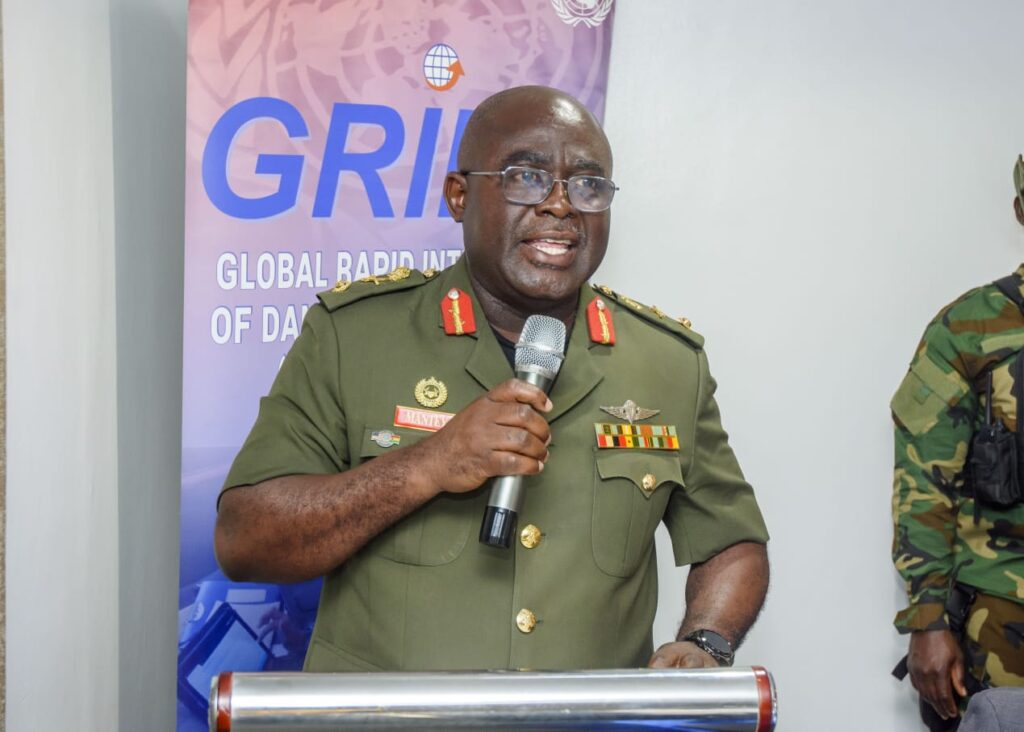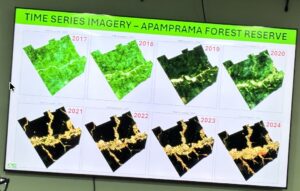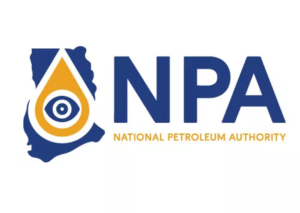
Photo: Brigadier General Maxwell Obuba Mantey, NACOC Director
Ghana’s Narcotics Control Commission (NACOC) has joined forces with the International Narcotics Control Board (INCB) and Nigerian law-enforcement agencies to counter the growing trade in dangerous substances moving through e-commerce and other internet platforms.
Over two days in Accra, from 11–12 September, NACOC hosted a “twinning mission” under the INCB’s Global Rapid Interdiction of Dangerous Substances (GRIDS) Programme, bringing together regional law-enforcement officers, private courier companies, and e-commerce providers. The aim: to strengthen West Africa’s ability to intercept new psychoactive substances (NPS), synthetic opioids and their chemical precursors before they reach consumers.
A Growing Online Threat
Opening the conference, NACOC Director-General Brigadier General Maxwell Obuba Mantey warned that the internet’s vast marketplace was increasingly being weaponised by criminal networks.
“Across the globe, the online ecosystem has become both a gateway for opportunity and a channel for exploitation,” he said. “For us in West Africa, the challenge is particularly complex. Limited border resources, evolving trafficking techniques and cross-border vulnerabilities demand regional cooperation and innovative strategies.”
Mantey praised the GRIDS team for providing “timely tools, intelligence support and an invaluable collaborative framework” and reaffirmed NACOC’s mandate under Ghana’s Act 1019 to protect public health and national security. He outlined steps already taken: strengthening digital forensics and cyber-enabled investigations, expanding partnerships with major e-commerce platforms and internet service providers, and improving intelligence-sharing with regional and international allies.
Building Capacity and Cooperation
Clarence “Chip” Duncan, Law Enforcement Advisor to Ghana for the US Bureau of International Narcotics and Law Enforcement (INL), said the initiative marks “a significant step toward enhancing West Africa’s regional collaboration in combating the online trafficking of dangerous substances.”
He described the internet as “both a tool and a battleground”, warning that hazardous substances can now “cross borders with anonymity and speed”.
“Our joint efforts must focus not only on enforcement but also on prevention and education,” Duncan said, highlighting the need for advanced training, data analytics and the use of cutting-edge technology to keep pace with cyber-criminals.
Shared Responsibility
Participants from Ghana, Nigeria and the private sector exchanged best practices for identifying illicit shipments hidden within legitimate online trade. Discussions centred on intercepting NPS and synthetic opioids, and on tightening controls over their chemical precursors.
By the close of the Accra mission, delegates had agreed to intensify intelligence sharing, build digital investigative skills and strengthen public-private partnerships to curb the exploitation of courier services and e-commerce platforms.
For Brig Gen Mantey, the message was clear: “The trafficking of dangerous substances is a global challenge that no nation can confront alone. Our collective action today is an investment in the safety and health of our region tomorrow.”






